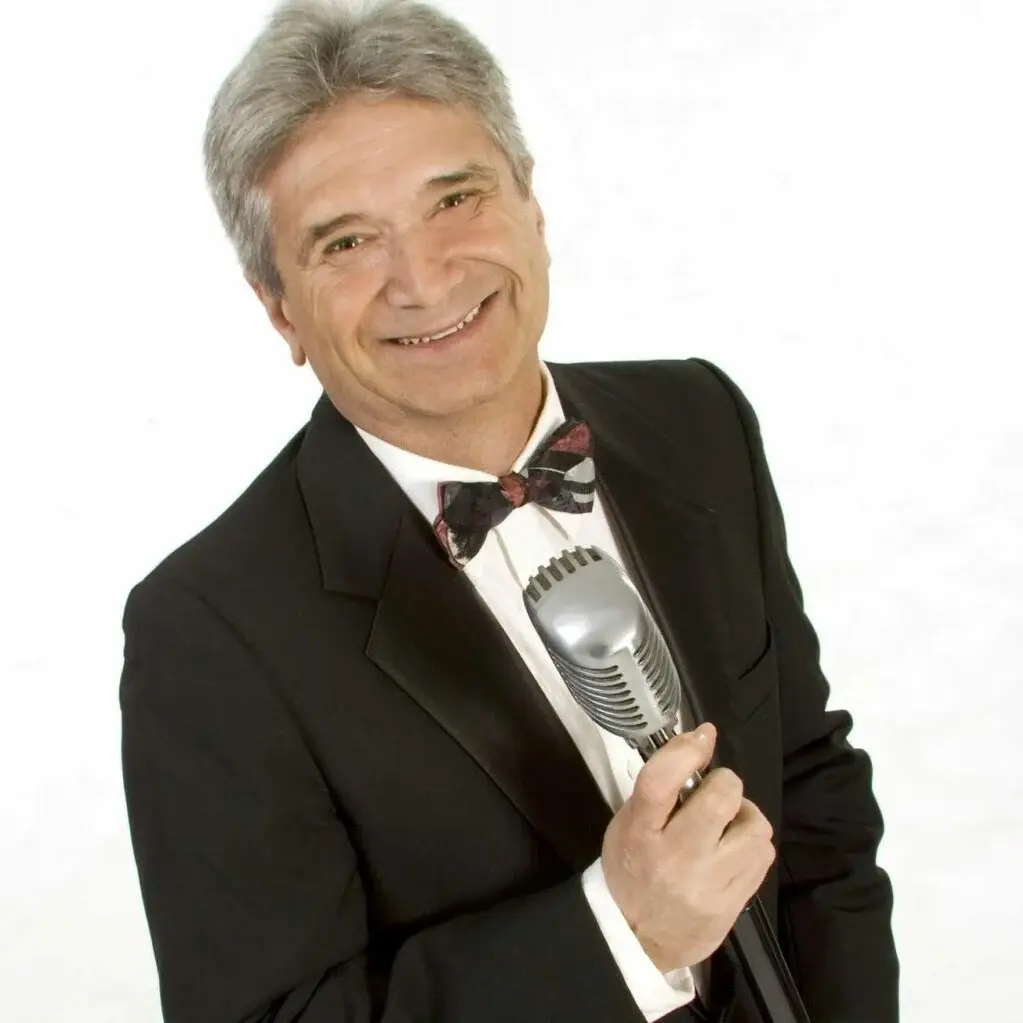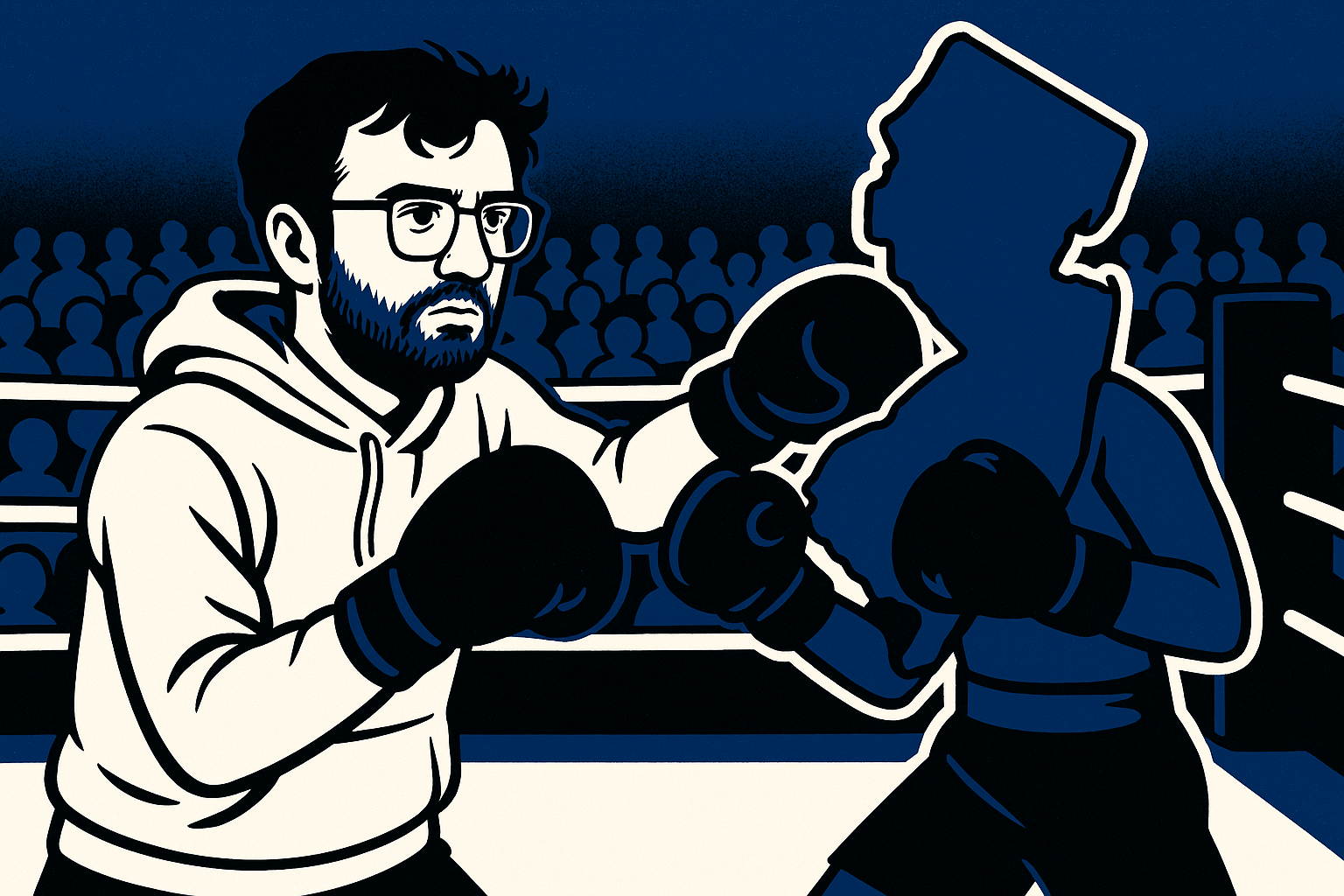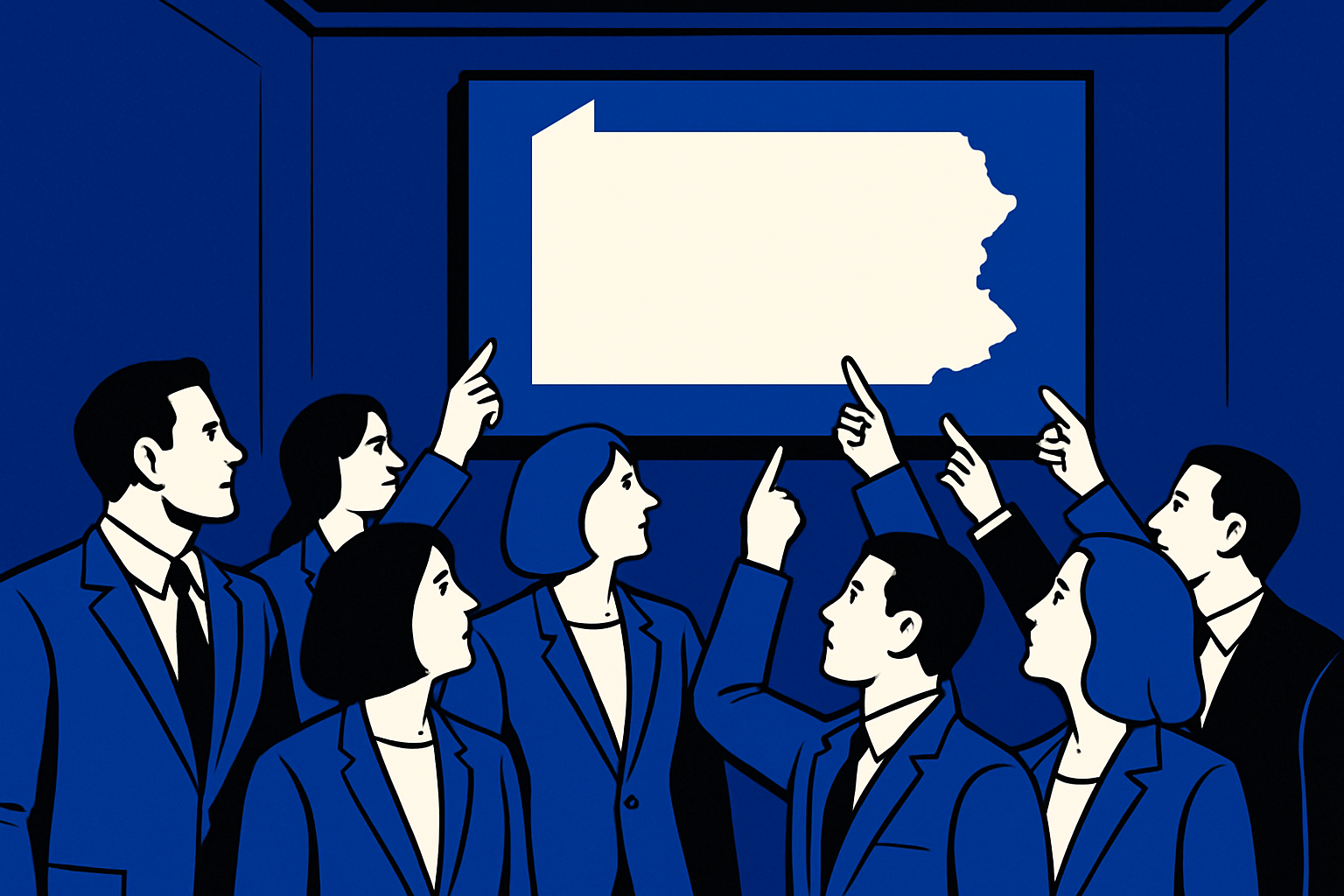What a cycle March Madness has launched.
Millions of eyeballs and billions of dollars yield a record number of nationwide partners seeking to help gamblers manage the excitement.
The frenzied college basketball men’s postseason tournament had long been the inspiration for Problem Gambling Awareness Month (PGAM) each March, long before the 2018 PASPA repeal legalized sports wagering.
That has now been joined by perspiration, on a massive modern-age scale, as March Madness nears its March 18 tipoff.
Cait Huble, director of communications for the National Council on Problem Gambling (NCPG), told Comped that an unprecedented 1,107 PGAM participants — more than double the previous high — have joined its efforts to address and curb problem gambling.
The groups assist NCPG on its month-long unveiling of seminars, messaging, public-service announcements, and events. That number figures to grow substantially throughout the month.
‘Problem gambling is a real, diagnosable mental health condition’
The NCPG bills itself as the only non-profit organization seeking to minimize economic and social costs associated with gambling addiction. Founded in 1972, it is gambling-neutral but has reached out to the gaming world to enlist public-education support. Partners include sportsbook operators like FanDuel and DraftKings, state governments, the NFL, television networks, and outfits like the Council on Compulsive Gambling of New Jersey.
Daniel Meara, a communications specialist for the Council on Compulsive Gambling of New Jersey, told Comped that calls have increased 277% in the Garden State since 2018.
The New Jersey effort is one of many raising attention to gambling’s potential pitfalls.
“We are seeing several different indicators of increased traffic,” Huble told Comped. “There is more awareness, more people reaching out for help, more people using our tool kits. We see increased participation from leagues, schools, teams, operators, and health organizations.
“As that list grows the teaching and the impact spider-webs out. We see mentions in different promotional campaigns, messaging, chats, texts etc.”
Huble said problem gambling is a growing yet often overlooked public health concern affecting millions of Americans. About 2.5 million U.S. adults suffer from severe gambling problems, with an additional 5 to 8 million facing mild to moderate gambling problems due to their gambling behavior, according to the NCPG site.
Also, from the NCPG site:
This year’s PGAM theme, “Seeking Understanding,” aims to raise awareness of problem gambling as a serious yet often misunderstood mental health condition. Building understanding within the public is essential, but dispelling long-held myths requires both patience and persistence. Overcoming misconceptions is crucial to fostering a more accurate understanding of problem gambling and its impact.
“It’s important for people to know that problem gambling is a real, diagnosable mental health condition and be aware of what that looks like,” Huble said. “You know this is happening when gambling starts getting in the way of the rest of your life. You may have irritability over finances. You could miss a birthday party and gamble on a game instead.
“That can also mean borrowing money when you can’t cover a bill. Or being preoccupied. When it starts to impact your day-to-day life, that’s a good indication that this is a problem for you.”
Helpline phone calls the biggest indicator of successful outreach
PGAM unites various stakeholders, including public health organizations, advocacy groups, professional sports leagues, and gambling operators.
When March concludes, Huble said NCPG has a tangible method to determine effectiveness of its PGAM efforts.
Some measurements on problem gambling awareness are tabulated yearly. Huble said that the national 1-800-GAMBLER hotline saw a substantial spike — from 340,000 to 430,000 calls — in 2024. The number will likely grow as state agencies, sportsbooks, television networks, and online gambling operators place that number prominently in their displays. Responsible gambling tips like self-exclusion and setting wagering limits are commonplace on the sites.
The phone number connects people with resources available within their state. (A New Jersey customer will be directed to the Council on Compulsive Gambling of NJ, for instance.)
NCPG tips for March Madness bettors
“Take advantage of the tools, especially for responsible gambling, on the platforms,” Huble said. “Understand the game, know your time limit and the money that you play with is only what you can afford to lose. Stop when you hit that limit. Enlist the help of a friend that can keep you accountable, maintain your emotional balance.”





